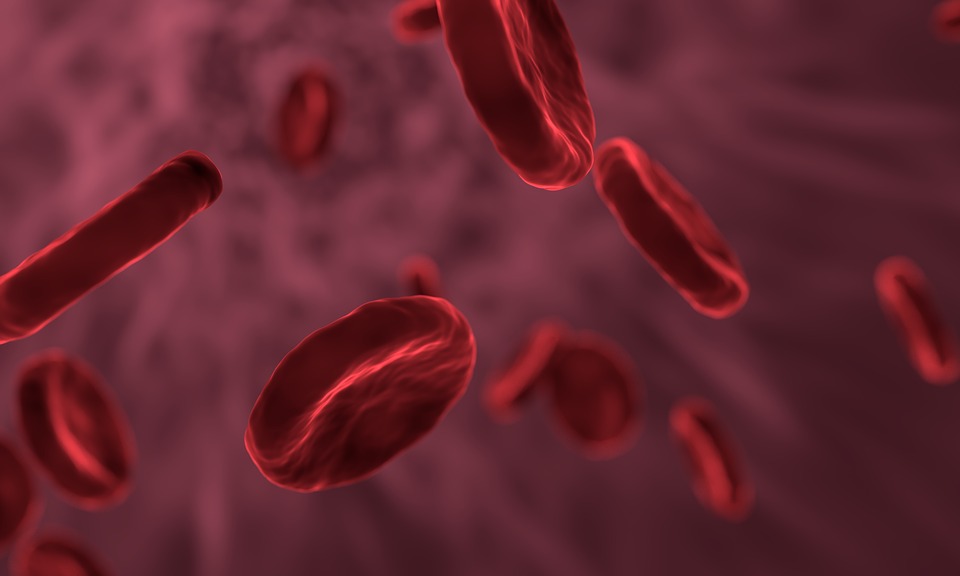Superoxide dismutase, also known as SOD, is a critical enzyme that plays a vital role in protecting our bodies from harmful free radicals. These free radicals, which are formed as a result of cellular metabolism and exposure to environmental toxins, can cause significant damage to our cells leading to aging, inflammation, and chronic diseases like cancer and heart disease. SOD acts as a powerful antioxidant, neutralizing these free radicals and preventing damage to our cells.

Understanding Superoxide Dismutase
Superoxide dismutase is an enzyme that catalyzes the dismutation or partitioning of superoxide (O2-) radicals into either molecular oxygen (O2) or hydrogen peroxide (H2O2). Typically, when our body produces energy, a byproduct called superoxide is created. If this reactive oxygen species isn't regulated, it can cause significant stress on our cells, leading to inflammation and cell death. However, this is where superoxide dismutase comes in handy. Its primary role is to catalyze the dismutation of superoxide into H2O2, which can then be broken down safely by other enzymes like catalase.
Types of Superoxide Dismutase
There are three types of superoxide dismutase that exist in our bodies: copper-zinc SOD, manganese SOD, and extracellular SOD. Copper-zinc SOD is found in the cytoplasm of our cells, while manganese SOD is found in the mitochondria. Extracellular SOD is found outside our cells, in the plasma and interstitial fluid. All three work together to protect our bodies against free radical damage.
Role of Superoxide Dismutase in Health
The role of superoxide dismutase in our health cannot be overstated. Along with other antioxidant enzymes like catalase and glutathione peroxidase, SOD helps prevent oxidative damage to our cells, DNA, and proteins. This, in turn, helps reduce inflammation, prevent chronic diseases such as heart disease, and slow down the aging process.
Superoxide Dismutase Deficiency
Deficiencies in superoxide dismutase have been linked to various diseases, including amyotrophic lateral sclerosis (ALS) and Down syndrome. A lack of superoxide dismutase activity can cause an accumulation of free radicals, which can lead to oxidative stress and cellular damage. Studies have also shown that low levels of SOD may be linked to an increased risk of heart disease and cancer.
Natural Sources of Superoxide Dismutase
Our bodies naturally produce superoxide dismutase, but we can also obtain it from dietary sources. Foods like broccoli, spinach, kale, and asparagus are excellent sources of this critical enzyme. Additionally, certain foods like wheatgrass, carrots, and barley grass contain high levels of SOD precursors that can help our bodies produce this important antioxidant enzyme.
Conclusion
In conclusion, superoxide dismutase is an essential antioxidant enzyme that plays a crucial role in protecting our bodies from oxidative damage. It helps neutralize harmful free radicals and prevents cellular damage that can cause aging and chronic diseases. While our bodies naturally produce SOD, incorporating foods rich in this enzyme can help boost its levels and improve our overall health. By protecting our cells against oxidative stress, superoxide dismutase is a key player in maintaining our health and well-being.